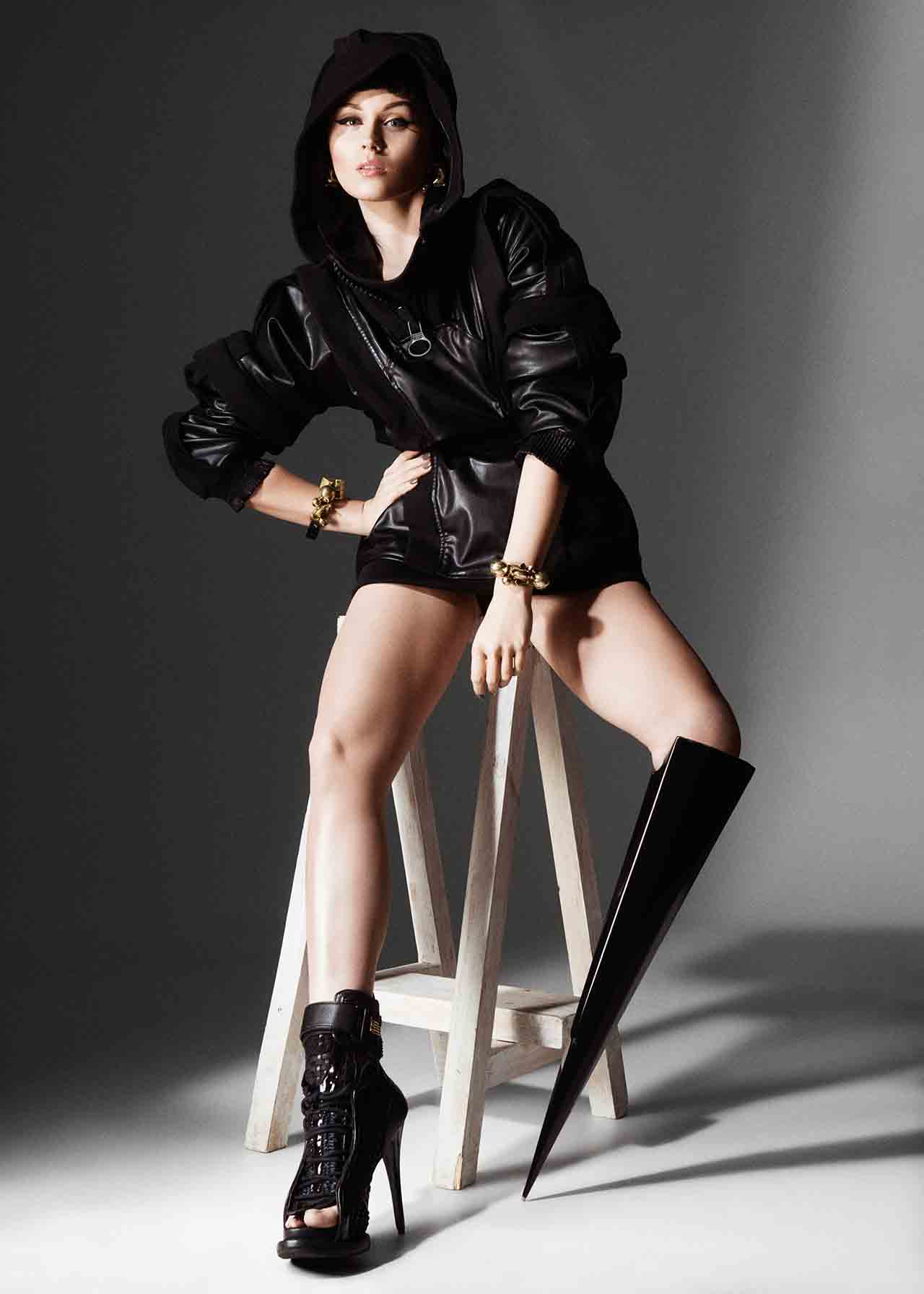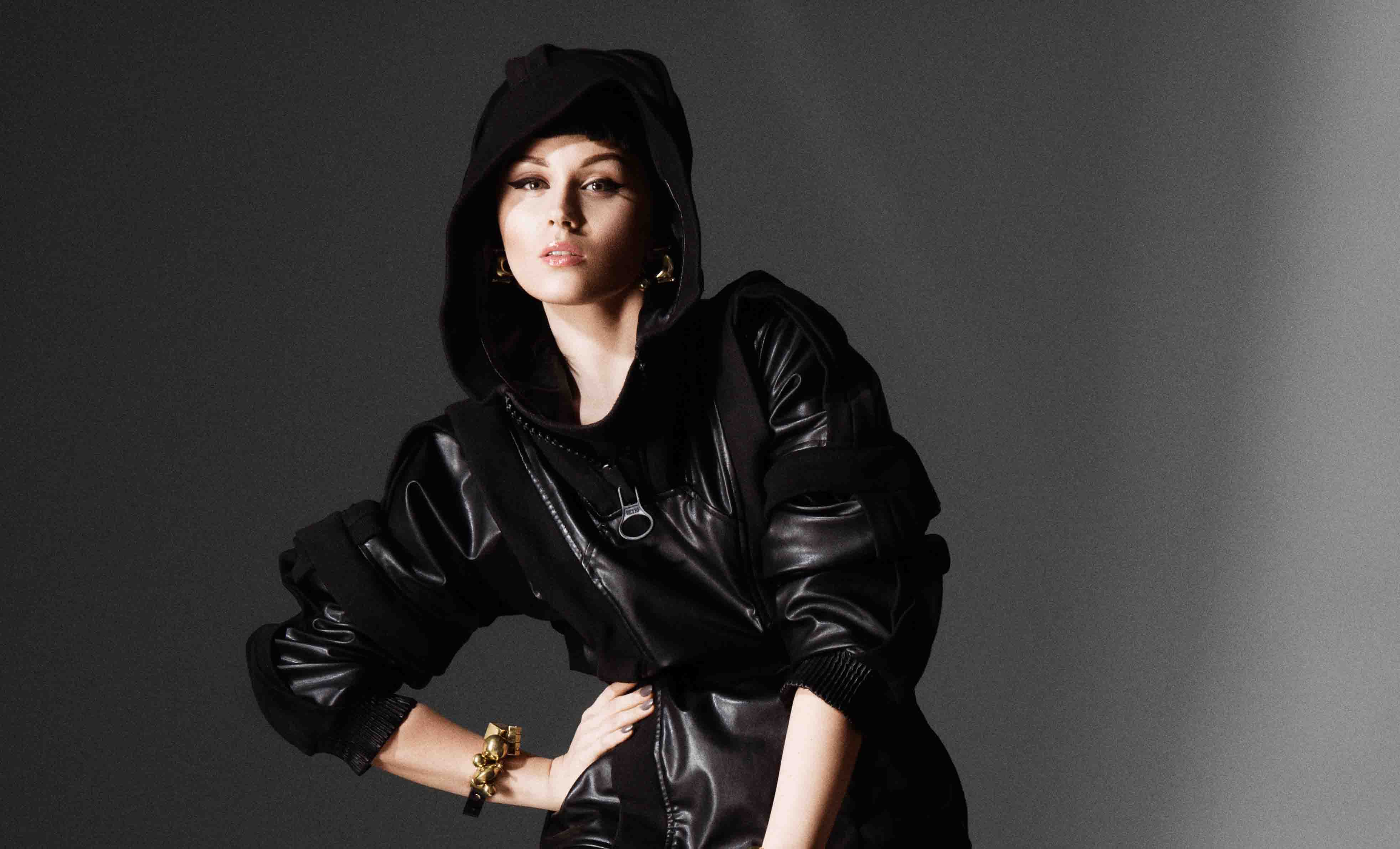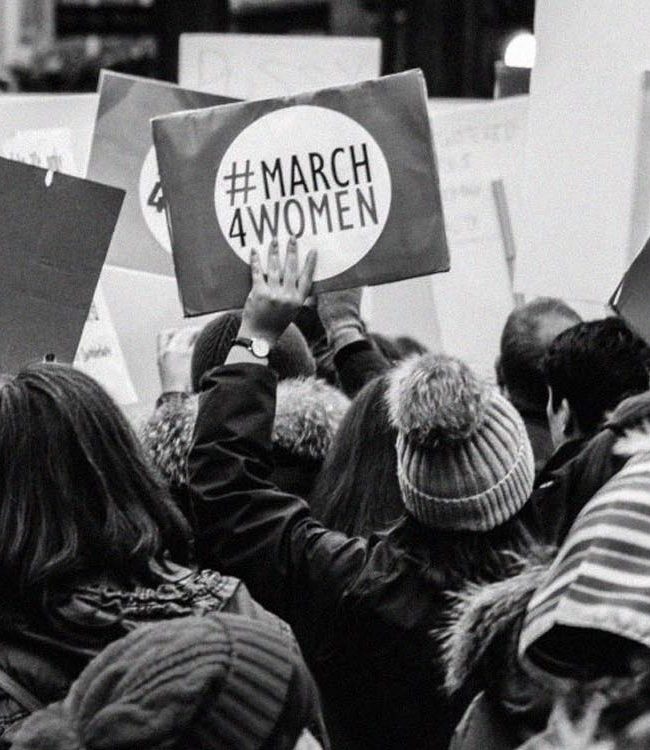“Forget what you know about disability”
At the age of 15, Viktoria Modesta made the decision to fight for her mobility by pushing for the amputation of her left leg below the knee. As a result of this monumental decision, Viktoria was subsequently empowered to pursue a career in performance. Sporting fiercely innovative prosthetics, Viktoria strutted into mainstream popular culture revolutionising the perception of disability, bringing The Bionic Woman into the spotlight and promoting body positivity. DTL caught up with Viktoria…
DTL: Hi Viktoria! Can you tell us a bit about yourself and how you became known as ‘The Bionic Woman’?
Viktoria: I’m a singer, musician and model who has come to be known as The Bionic Woman as a result of a surgery I underwent in 2007 to remove my lower left leg.
DTL: How do people respond to your amazing prosthetics?
Viktoria: It’s usually very positive, for a lot of people it kind of blows their mind because it’s a completely new feeling that they are experiencing when looking at someone with an artificial body part or rather someone who in biological terms, is not complete. I think there isn’t much that can be argued with when you transform a negative situation into a positive.
DTL: What has been your recipe for success?
Viktoria: Believing in my dreams and maximising all of my talents, that’s been key. I have had a lot of people over the course of my life and career steering me into different directions that are more profitable or are more commercial. I’ve had people also telling me that I was crazy or they didn’t understand why I did what I did. In retrospect, these comments have been totally useless and only positive, enthusiastic thoughts and actions have been fruitful.
DTL: What are your most prominent challenges, and how do you overcome them?
Viktoria: I think the biggest challenge is motivating myself. That can be hard. I don’t have a boss or a manager and I very much drive everything that happens. Sometimes the drive happens by people contacting me to do various projects but often I have to find the discipline to get out of bed, send emails and just imagine the next step.
DTL: Do you think that the media has a negative impact on young people in terms of body image and self-confidence?
Viktoria: Consequently yes – but I think that the media now can be influenced by people much more. The important thing to remember is that originally, the media was paid for by brands who wanted to sell stuff and there were basic rules that worked which were mostly based on negative feelings and feeding insecurities. However, media is now diluted by social media and the people out there are speaking out. In that respect, social media has a lot of power even though it still goes back to someone making money, I think the celebration of diversity that is appearing is a positive thing.
DTL: Our research found 63% of those with a physical ‘disability’ are likely to experience extreme bullying and social exclusion. What advice would you give to any of our readers who may be experiencing bullying or feel like they don’t fit in or doubt themselves because of attitudes towards a ‘disability’?
Viktoria: Do not despair, whatever bubble you don’t fit into, there is always another group of people out there who will accept you.
“Whenever someone is being mean, it’s mostly their problem; inability to show kindness and understanding is the thing that drives people to unacceptable behaviour.”

It’s a big world out there whether it’s going on the internet and finding like minded people or simply continuing to believe in yourself and staying optimistic, that’s really key.
DTL: Have you ever experienced bullying? If so could you tell us what happened and how you dealt with the experience?
Viktoria: Absolutely. My teenage years were brutal, especially at school. I left school at 14 and never went back. My salvation was mixing with people who were older than me and getting into more creative circles where self expression and individuality was valued and not looked down upon. The creative crowd, as well as the creative industry, really helped me to nurture my individuality.
“I had days when I was around 13 or 14 where I wanted to commit suicide as a result of the hassle I received at school. When I felt like there was no way out, I sat through it and eventually realised that there is always a way out.”
Whether it’s removing yourself from standard education and following your curiosity path to self and home education, there isn’t a right or a wrong way. The important thing is to keep yourself safe and do whatever it takes to be in an environment that encourages your ambitions and attributes.
DTL: What is next for Viktoria Modesta?
Viktoria: The future is super varied. I’m working on finding the right collaborators for a new record, lots of tech fashion and some awesome futuristic projects around the body and technology. I also have a guest starring role in an awesome sci-fi TV series that’s coming out in the summer. I wanna do everything I know, bigger and better.
DTL: What motto do you live by?
Viktoria: Stay curious, don’t be afraid and start again when you don’t succeed.
DTL: Is there anything you would like to add?
Viktoria: Only those who believe in magic, find magic.
If you’re seeking help or advice to do with bullying due to a disability, visit our community or get help from our other related articles.
Check out the music video for ‘Prototype’ here:
Keep up with Viktoria on Twitter @VIKTORIAMODESTA
Viktoria Modesta image courtesy of Lukazs Suchorab.













